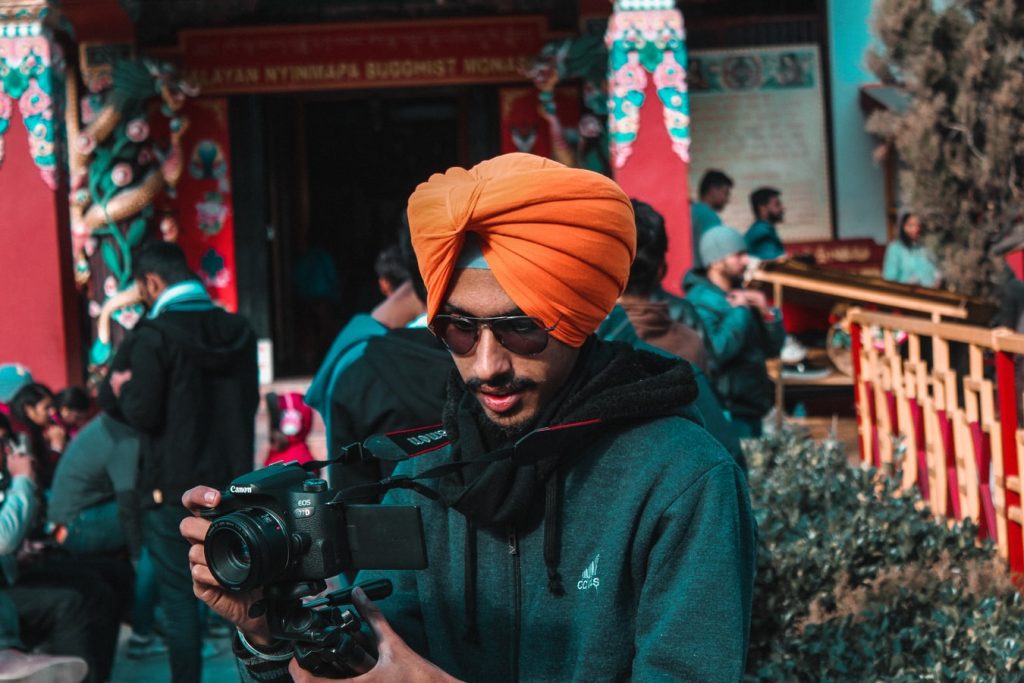One of the main ideas of manvsclock is to inform readers about foreign culture. Although smart travelers don’t have to be reminded about the necessity of studying the places they’re heading to, it is always useful to be aware of the illegality of such common thing as filming. Especially if we are spontaneous travelers and taking pictures is part of our daily routine habits. These are the filming policies of certain countries, that may motivate you to learn more about these rules in other countries.
Japan
Japanese culture is well-known for having a reputation of one of the most respective and guest-welcoming countries in the world. However, in spite of being among top ten of the least religious countries, believing part of the population have a very strong need to sacralize their religious symbols.
Representatives of some of the settlements are still convinced that photography may anger the spirits and bring trouble to the whole village. Thus, you should not film anything that has something to do with religion (temples, altars, cemeteries etc.) The rules do not apply to all religious sites. Usually in places where there are restrictions have signs that prohibit photo and video recording. Therefore, it is important to look around and pay attention to such warnings.
As for filming non-religious things, you should also know that tourists are not allowed to take pictures of geishas in Gion, district of Kyoto.
Consequences: decrease of their level of respect towards you and possibility of fine of 10000 yens ($93).
United Arab Emirates
UAE have some of the strictest laws regarding the photoshoot. It is not allowed to film the local residents. Especially – women. Even the person who got in your picture by accident may use his rights to report on you to the police.
UAE also have the list of places where you are not allowed to film. Manly these are government buildings and palaces. You also should not use a camera while being inside of the temples.
Consequences: may vary from fine of more than $1000, to 1-3 months of imprisonment.

Germany
Germans are very cautious about private property. Therefore, any private mansions, buildings, or even other people’s things can be photographed only if you have permission from their owners.
Since May 2018, the general data protection rule has been in force throughout the European Union. According to which, it is required to obtain permission from each person who fell into the frame. Even if you want to post a photo on your personal blog or on a social network. You should be especially careful with photographs in which there are children.
If you are going to share colorful video clips with your friends who took a trip with you, it is better to do it outside of the place of tourist congestion.
You may also get fined for photographing or making a video of a place of a car accident. It is motivated by the fact that onlookers interfere with the investigation, by creating crowds and traffic jams.
Consequences: fine up to 1000 euros ($1121) or imprisonment for up to two years
The Main Safety Principle
It is important to keep in mind that a country, state and even a city will have different laws. Most if not all of the time it is a bad idea to abuse it at any level. Never hesitate to ask your tour guide to ask for permission to film. And if you’re not 100% sure about whether you are allowed to film, but you feel that you have to take a picture – always make sure you don’t use a flashlight. And a tripod.
About the Author:
Zack Hargrove is a remote editor CheapWritingService.com. His teammates from Essay Help are also willing to provide you any type of academic assistance. You can always find Zack on Twitter @zackhargrovejr.
 Trip Alertz For Jetsetters, By Jetsetters
Trip Alertz For Jetsetters, By Jetsetters


